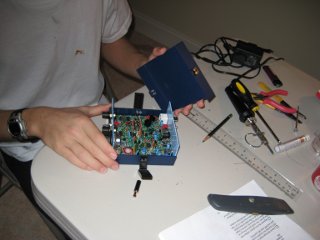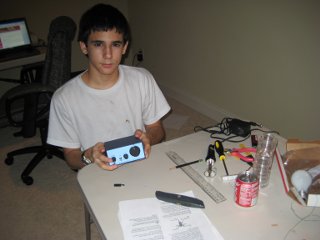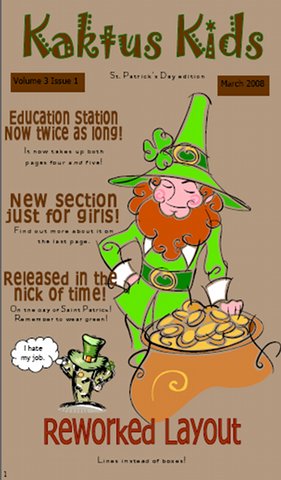When I got onto the blog this morning, I noticed that I had a couple of hits from a Sonlight blog. I was a little skeptical about a comment we had received from, Luke Holzmann, the author of the blog, but I am beginning to think he might have actually read what we wrote. Even though we are big fans of Sonlight, yesterday’s post about their Core 100 US History program was anything but positive. I am quite impressed because they linked to our post anyway. All that got me to thinking about what could be done to improve the program.
We have a problem. We have homeschooled for just about six years now. Over that time we have met and continue to communicate with a good number of homeschoolers on both coasts and a bunch of places in between (Oregon, California, North Carolina, Virginia, Texas, Alabama, Georgia, Arkansas, Indiana, Arizona, Kentucky, and probably a few others I am forgetting right now). Many of them have the same problem. There are good solutions to the problem, but we have found no one who has put such a solution together and offered it as a product in the way that Sonlight has offered their very effective “soup to nuts” solutions for grades 1-8. Somehow, they and others are missing the boat in high school.
The problem: Many, if not most, homeschool children perform at an academic level that is significantly higher than their peers in traditional schools. That is rarely true because they are more intelligent than their peers. It is because they received individualized study plans and tutoring by people (their parents) personally invested in their success. Many of them can perform college level work by the time they are freshmen in high school. There is a common discussion I have with other homeschool parents with kids in this boat. How do we keep our kids at home, but give them a study program that challenges them and for which they can get college credit for their work. There are as many ways to approach this problem as their are homeschool parents. We have arrived at a solution that we like very, very much.
A solution: We have found that our children respond well when they have three things. First, they have to have materials that are engaging and that thoroughly cover the required subject matter. Second, there has to be a measurable goal that can demonstrate that the subject matter has been mastered. Third, there has to be a way to receive college credit for the work. An example of how we put a program together that works for Kelly is one that started with the absolutely stellar Apologia Biology program offered by Sonlight. This year Kelly is working her way through that program. We have read through a several additional books that complement the program. These included Understanding Intelligent Design and Explore Evolution. Finally, we purchased the REA CLEP Biology study book that Kelly will use to prepare for the CLEP test which she will take toward the end of the year.
This mechanism has worked well for us so far. We used this exact same approach with Spanish (Rosetta Stone combined with REA CLEP Spanish–12 semesters of college credit earned), College Composition (Easy Grammar and other books combined with REA CLEP Freshman College Composition–6 semester hours of college credit earned), and US History (this was described in an earlier post titled U.S. History: Deciding not to use Sonlight. Even though we were not very happy with the material, Kelly earned 3 semester hours of credit). With this approach, Kelly plans to prepare for and take CLEP tests in Psychology, Sociology, Biology, and US History II this year. Christian is in preparation for several of these same tests. He will take his first test, Freshman College Composition, next month.
The benefits:
- The kids study the material at a depth that is much greater than what is generally available.
- There is a mechanism by which they can know when they are ready to take the CLEP test (The REA study book practice tests).
- They receive college credit for their work when they pass the CLEP test.
- They can finish their associate degree at a local community college early–sometimes a year or two before they would graduate from a traditional high school.
- The CLEP tests are super preparation for college entrance exams like the ACT and SAT.
- And, probably the greatest benefit, it inspires the kids to receive college credit for their work and study at a college level.
The opportunity: Why wouldn’t Sonlight or some other homeschool curricula provider package some CLEP study books with some in-depth college freshman level texts for those (many) homeschool kids who are ready to take on that kind of material. I would have bought all of these if they were available to me. I know a lot of others who would do the same.
On another note: Last night, Christian and I finished assembling the printed circuit board for the ham radio. It is very, very cool. We should have it all in the case and buttoned up for a photograph by Thursday evening if things go right. Then we start work on tweaking and tuning. Christian has done almost all the soldering, winding, and assembling. He is certainly improved his skills in all that since we started.



















 , the Nosey-book fiasco is done with… things are really calm right now!! Well relatively calm…
, the Nosey-book fiasco is done with… things are really calm right now!! Well relatively calm…


 It’s all in fun.
It’s all in fun.










